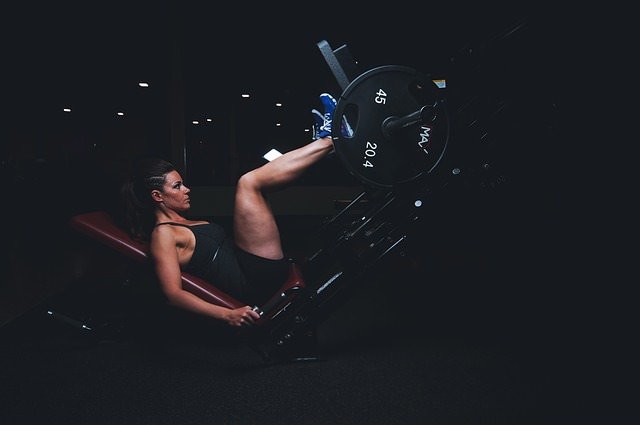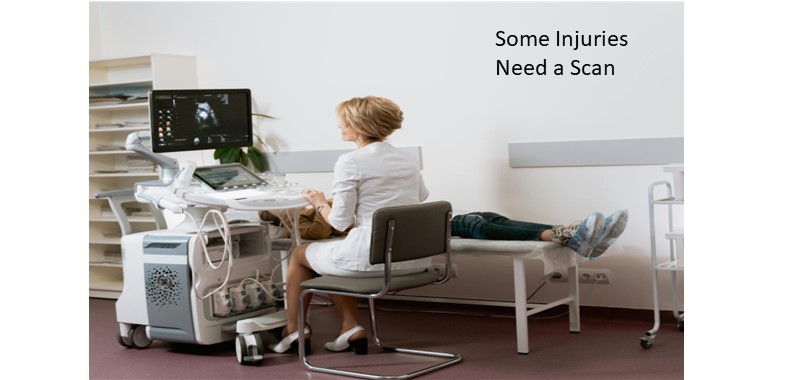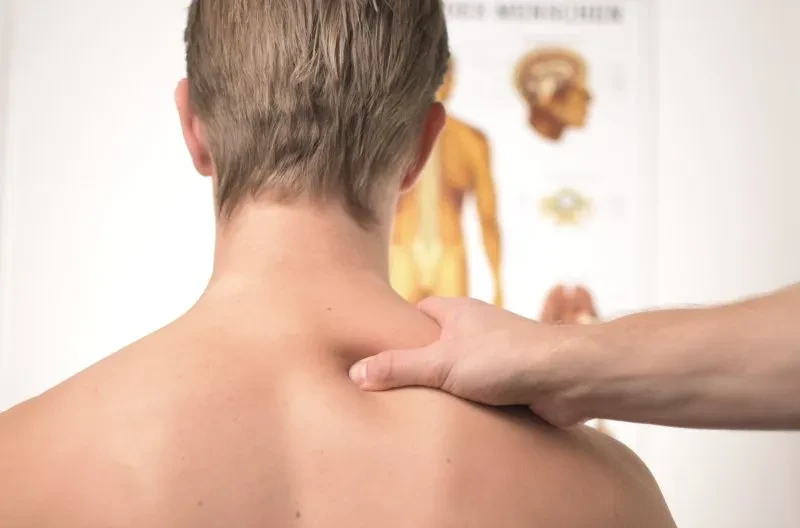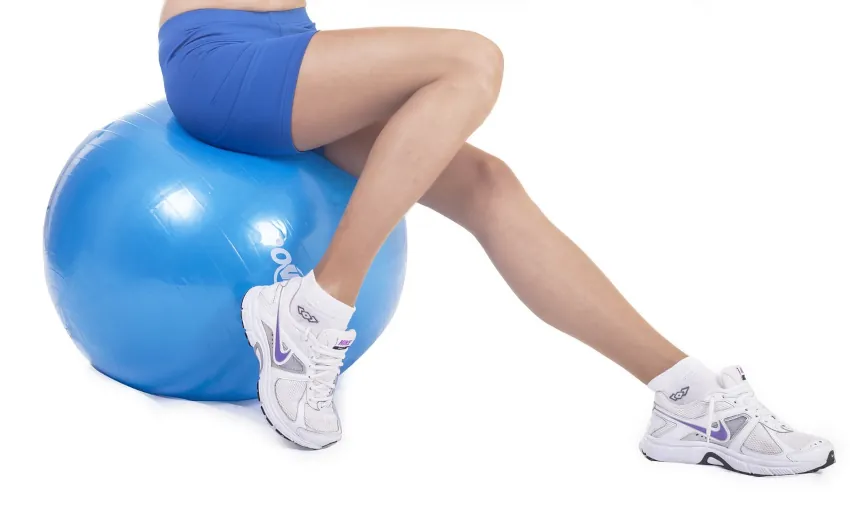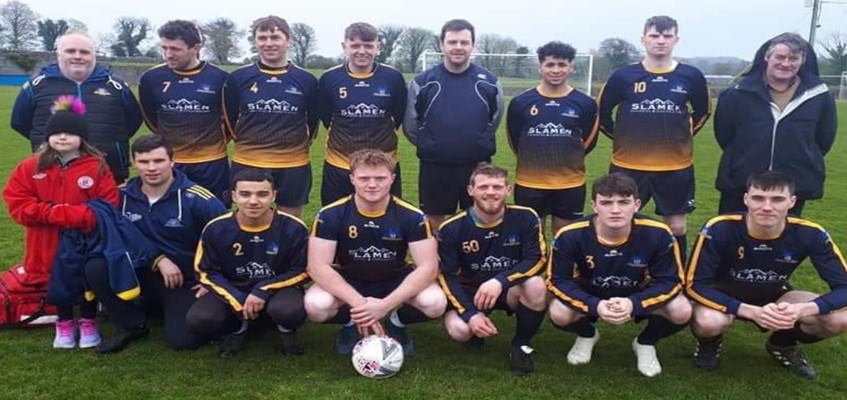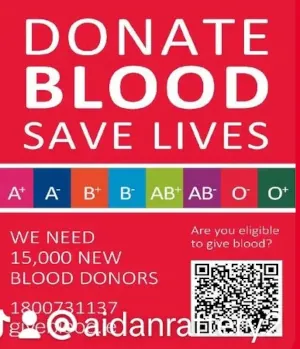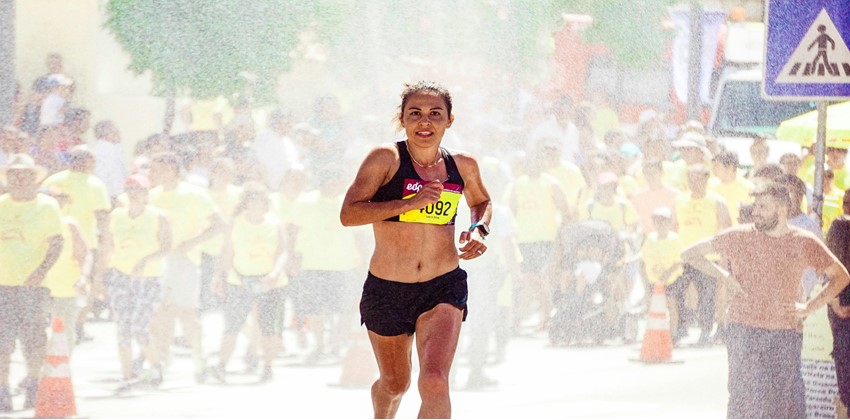
You Can Run a marathon too
You Can Run a marathon too – A Podcast
You Can Run a marathon too if you put your mind to it.
We have all heard words to the effect of “you can do anything if you put your mind to it”, and in this podcast, I speak to a local Roscommon man Tom who has now completed 3 marathons, the most recent being the 2022 Dublin City marathon and our paths crossed when I treated Tom for some not uncommon injuries picked up by him along the way.
The podcast should be of interest to lots of you out there to reinforce self-belief.
Tom’s motivation was to get fit and lose weight, he tells us about his aha moment and indeed as he explains how losing 4 stone pretty quickly aided motivation.
He discusses how training cleared his mind and removed stress.
In this podcast, a regular guy just like you and me discusses his journey and may help you to follow his path.
Listen to This Podcast -You Can Run a marathon too
part 1
Aidan and Tom discuss his journey from taking up running to taking part in 3 Dublin City Marathons. Tom Ward tells Aidan how are the most difficult stage of the 2022 Dublin City Marathon, the last 5km which is where he saw the Join Our Boys team and he looked up to heaven and thought of Archie. He said that inspired him and gave him the strength the complete the marathon. This podcast is dedicated to the memory of Archie Naughton from Join Our Boy
Listen to this podcast -part 2
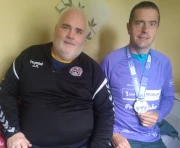
Me and Tom
A picture of Tom proudly displaying his medal.
You Can Run a marathon too- common injuries
You might also find my posts about common sports injuries to be of interest!


